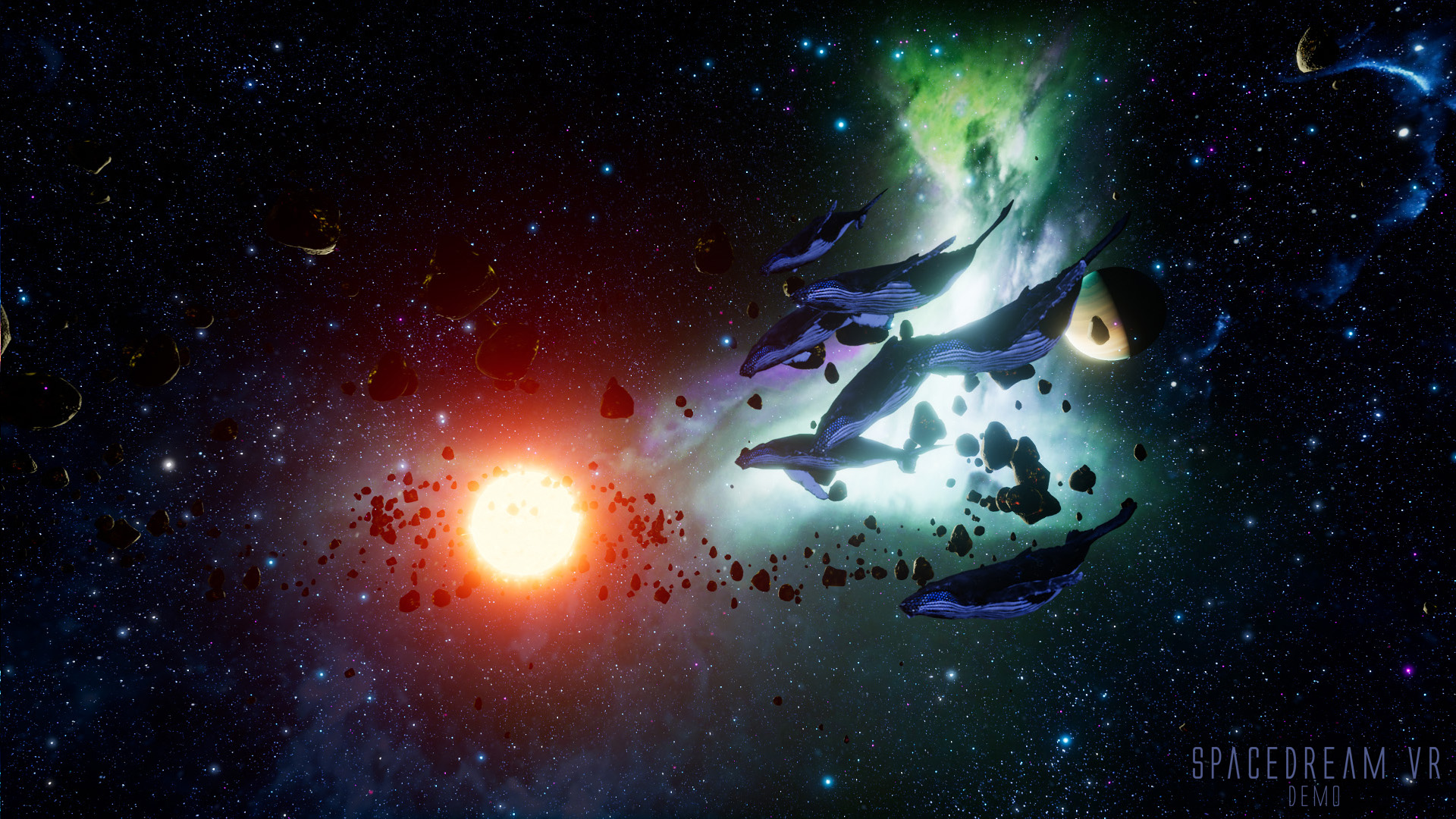

For his twin sister, Bird, who feels perpetually ignored by her family, becoming NASA’s first female shuttle commander is the dream that propels her forward. Grappling with a volatile temper, 12-year old Fitch only looks forward to playing video games at the local arcade. Having failed seventh grade, 13-year old Cash fears he doesn’t have the talent or academic abilities to play on the school basketball team. Although siblings Cash, Fitch, and Bird attend the same middle school and they live in the same house with their parents, they move through life without any real connection or purpose. You can follow Quora on Twitter, Facebook, and Google+.Something isn’t functioning smoothly within the Nelson Thomas family. Learn from experts and access insider knowledge. This questionoriginally appeared on Quora. If you are talking specifically about NASA’s planetary science program ( New Horizons at Pluto, Cassini at Saturn, etc), that comes to $1.63 billion in 2016, or about 0.04% of the federal budget. Incidentally, that includes environmental monitoring, aircraft engineering and other Earth-based functions in addition to human space exploration and robotic probes. That means the US devotes about 0.5% of its budget to all things space-related. For 2016, the NASA budget is $19.3 billion, out of $3.95 trillion in federal spending. Then again, it’s not that large when viewed in context. The price tag for all of this is not small. On a more subjective level, I believe exploration is extremely important for fostering a constructive sense of wonder, collective purpose and hope for the future. Ask how many of today’s leading scientists and engineers were inspired by the space program and by the science-fiction shows and movies that fed off of it.
The space in between we used to dream drivers#
Space exploration has also been one of the most powerful drivers of science and technology education in this country. Studies of space weather have been important for protecting satellites and preventing blackouts. Modern robotics, computers, digital photography and digital video, fuel cells, and many other key technology received huge boosts from space-related R&D. Modern satellite communications, weather forecasting and GPS simply would not exist without space exploration (some of it military-focused, admittedly).


NASA and related agencies have been powerful drivers of new technology. There are many ways to answer this version of the question. Second, there is the more fundamental question: Is the whole idea of a space program a mistake? After all, we spend billions of dollars each year and what do we get in return? So you could make a good case for waste, but I wouldn’t call any of that a “scam.” It has always been this way, all the way back to the creation of NASA itself. You can’t really blame NASA for following the orders given to it, and for trying to blur the lines so it can sneak some science into politically motivated programs. The problem with the SLS is not the rocket itself, which should be highly capable, but the lack of funding and political support for a larger mission to utilize it. On the other hand, the ISS may not provide great return on investment as a science outpost, but it has been hugely important as an incubator of international technical cooperation, and as a testbed for long-duration human survival in microgravity. Many people have specifically criticized the main components of the current human space program: the International Space Station and the upcoming Space Launch System. But I see two other ideas that might be embedded in the question of whether or not space exploration is a scam.įirst, is any of the money spent on space exploration wasted on ill-advised projects or excess bureaucracy? Any answer to this kind of question is going to be highly subjective, but most people would say “yes.” That is true of any large government agency that has to deal with Congressional mandates, political pressure, constantly shifting directives, multiple contractors, etc.


 0 kommentar(er)
0 kommentar(er)
